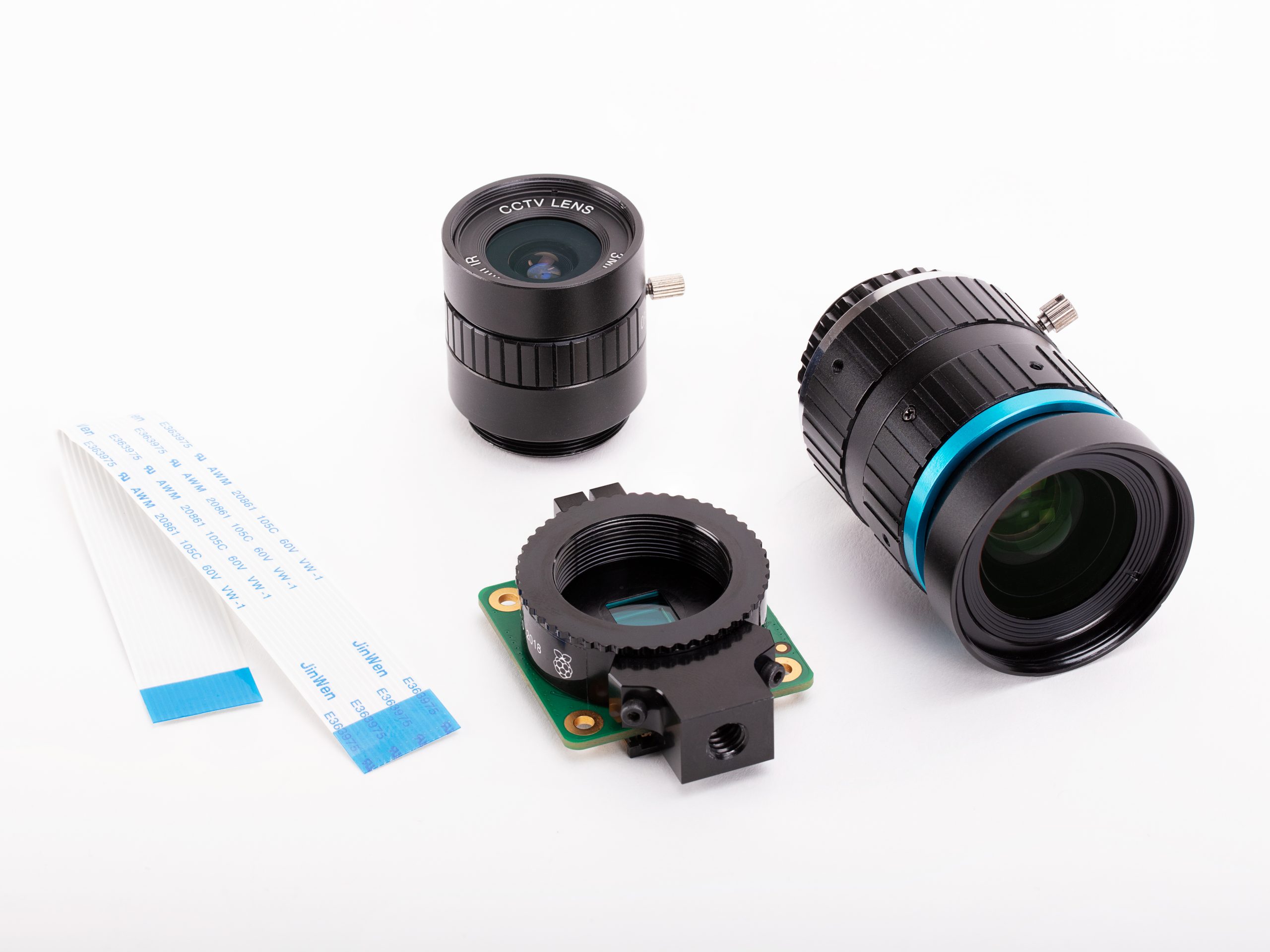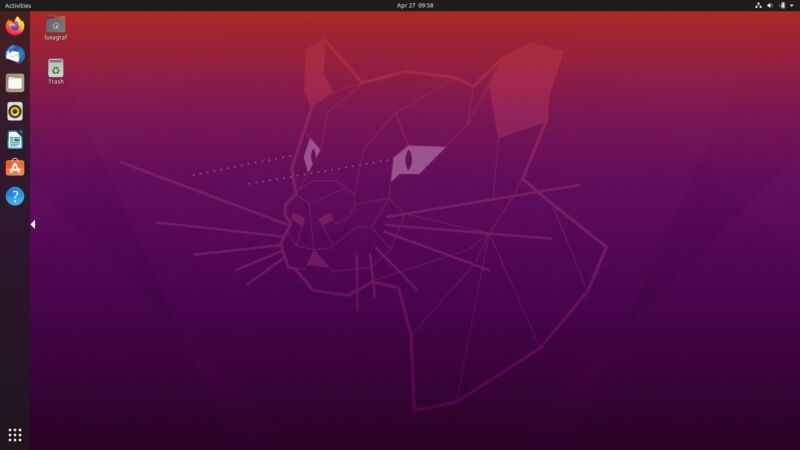May 2020
What’s New
Marketplace
HDMI to USB3.0 (claims to be driverless setup)
Magazines
There is a new High Quality Raspberry Pi Camera(12.3 megapixels)

Raspberry Pi Camera from Core Electronics
There is also a free Camera Guide for this.
Online
Dirty CovidSafe secrets finally revealed
Show and Tell
Chris H. showed his updated home automation smorgasbord, incorporating AMX, MQTT, Home Assistant, IFTTT, nodered, and more.
Chris uses IFTTT(If-This-Then-That) so that he can issue commands to his google home minis, which will be acted upon in Home Assistant. Webhooks is the mechanism by which when you say “Hey google, do something”, the commmand can be intercepted and acted upon in Home Assistant. Chris uses the nodered add-on inside home assistant to do that interception. Alternatively, you can use the inbuilt webhooks mechanism in Home Asistant using Automations - details here.
Rob C. got Arlec light working with Tasmota, using the following template
Sean C. is playing with his Pi4, looking at the differences between Raspbian and HassOS.
I too have been playing with Raspberry Pi 4 this week, looking at alternate distros for the Pi.
Ubuntu 20.04 on Raspberry Pi 4(64-bit)

Download here
To install Mate Desktop
sudo apt install -y tasksel
sudo tasksel install ubuntu-mate-desktop
sudo reboot
Ubuntu on a Pi with the Mate desktop is a good experience. There are on a few occasions some pieces of software that are easier to setup on Ubuntu (eg. microk8s/kubernetes) than the raspbian equivalents.
LineageOS 16.0 on Raspberry Pi 4


Android 9.0 (Pie) on Raspberry Pi 4.
Download here
There is a complicated way to install the Play Store details here, but tends to slow the system, so I avoided going down that path.
Instead downloaded apks for Aptoide(alternate play store), APKMirror Installer(for apkm files), and CovidSafe from APKMirror.
Then, from Aptoide, installed LAN Drive, ISS Live Now(nasa videos play jitter-free) and even the Zoom client. USB webcam works with Zoom client, and sharing the screen also works.
Overall experience is slow.
Create a live stream from a USB or Pi camera
Details here
mjpg-streamer is a more lightweight option than MotionEyeOS.
Home Assistant Supervised Install
Details here
At the end, you get a Home Assistant install on Raspbian.
Port forwarding
I don’t like punching holes in my router if I can avoid it. I always look for innovate ways around it. In the past, we have looked at ngrok and ZeroTier. This month, I came across localhost.run . You establish a SSH tunnel/connection to localhost.run, they provide a http/https endpoint, when people hit that endpoint in the browser, it funnels the traffic down the SSH tunnel to your machine. The command looks something like this:
ssh -R 80:localhost:8123 [email protected]
This will establish a connection and give you a URL like http://mohangupta-xxxxxxxx.localhost.run which will map to your home assistant instance on port 8123.
Tasmota Console commands
Set timezone to Melbourne.
TimeDST 1,1,10,1,2,660
TimeSTD 1,1,4,1,2,600
Timezone 99
TimeDST and TimeSTD is specifying start and end of daylight saving time respectively.
Format is H,W,M,D,h,T
H(southern hemisphere)
W(week of month - 1st)
M(month - October, April)
D(day of week - Sunday)
h(hour - 2:00am)
T(timezone offset in minutes - +10UTC or +11UTC )
Then test with the following command:
Time
Reference here
Rob C. showed TasmotaAdmin, which is an add-on in Home Assistant.
It provides an additional benefit to the default Tasmota web interface in that you can run commands for a bunch of devices simulatenously.